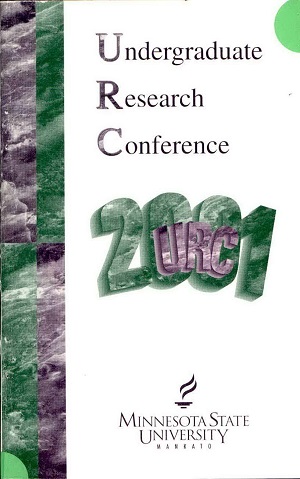Academic Dishonesty as a Function of Individual Characteristics
Location
CSU
Student's Major
Psychology
Student's College
Social and Behavioral Sciences
Mentor's Name
Barry Ries
Mentor's Department
Psychology
Mentor's College
Social and Behavioral Sciences
Description
Academic dishonesty among students within the university system has long been recognized as a social problem. High academic performance is one of the most sought-after characteristics of college students. However, the distinction of great academic achievement has led numerous college students to engage in dishonest behaviors. Increasing moral and ethical concerns emerge as more and more students admit to having cheated. An experimental word-forming task with questionnaires can be used to analyze individual characteristics such as gender, attitudes toward cheating, and behaviors in competitive situations on academic dishonesty. It is anticipated that more men than women will engage in cheating behavior. The researchers also expect to find that competitive situations elicit increased incidents of cheating behavior when compared to noncompetitive situations. Furthermore, it is expected that tolerant attitudes toward cheating among men and women will be associated with academic dishonesty. The results of this study are intended to identify the individual characteristics that predict academic dishonesty.
Academic Dishonesty as a Function of Individual Characteristics
CSU
Academic dishonesty among students within the university system has long been recognized as a social problem. High academic performance is one of the most sought-after characteristics of college students. However, the distinction of great academic achievement has led numerous college students to engage in dishonest behaviors. Increasing moral and ethical concerns emerge as more and more students admit to having cheated. An experimental word-forming task with questionnaires can be used to analyze individual characteristics such as gender, attitudes toward cheating, and behaviors in competitive situations on academic dishonesty. It is anticipated that more men than women will engage in cheating behavior. The researchers also expect to find that competitive situations elicit increased incidents of cheating behavior when compared to noncompetitive situations. Furthermore, it is expected that tolerant attitudes toward cheating among men and women will be associated with academic dishonesty. The results of this study are intended to identify the individual characteristics that predict academic dishonesty.




